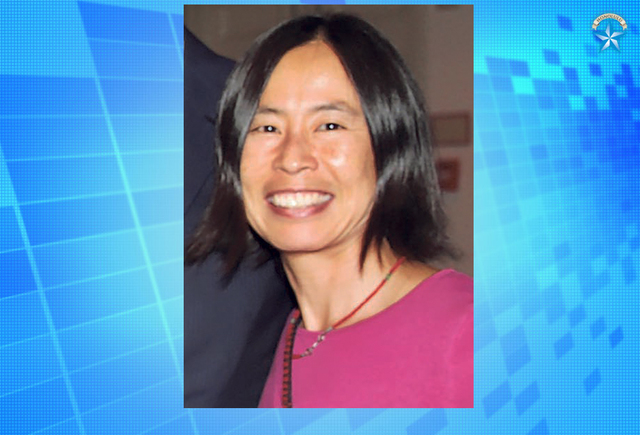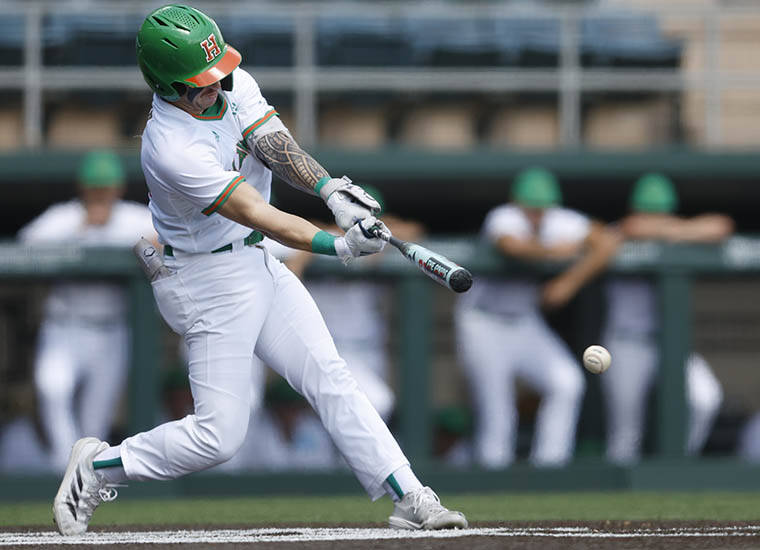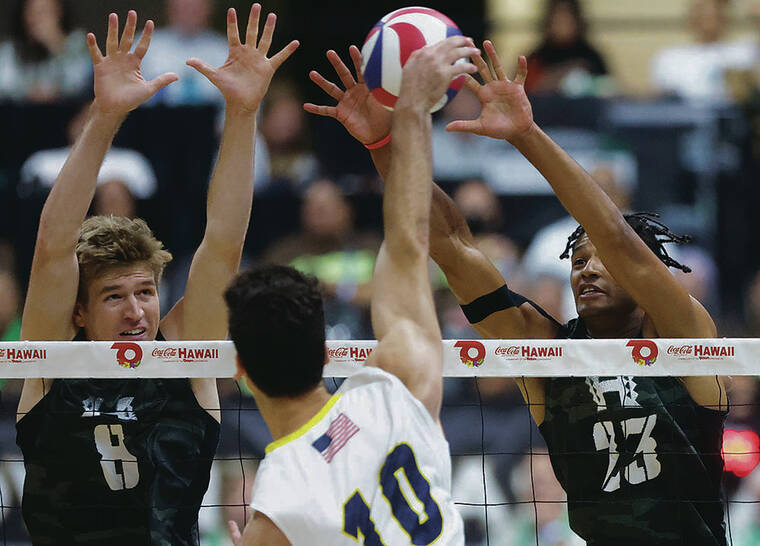Film shines light on native people of the Arctic

COURTESY MIHO AIDA
Members of the Gwich’in Nation are featured in Miho Aida’s award-winning documentary, “The Sacred Place Where Life Begins: Gwich’in Women Speak.” Aida, an environmental activist and teacher based in San Francisco, is showing her 20-minute film throughout Hawaii this month.

COURTESY ROBERT THORPE
Miho Aida:
The activist is in the islands to promote her film about the Gwich’in Nation


What do residents of tropical Hawaii have in common with people in the freezing climate of Alaska?
Miho Aida, an environmental activist and teacher, says both places are populated by indigenous people experiencing the impacts of climate change and striving to preserve their natural resources and culture. Throughout June, Aida is showing a documentary she made about the Gwich’in Nation of Alaska and Canada and its fight for existence as tribal people dependent on the caribou for physical, spiritual and cultural needs.
It’s a theme that should resonate with Hawaii residents involved in the malama aina (care for the land) movement, as well as Native Hawaiians struggling to protect their identity and heritage from encroachment by modern society.
There is no “climate justice” for poor and indigenous people, Aida said. “The people who experience climate change the most are island nations, people of color, low-income communities, poor nations. … The Arctic and Hawaii are very vulnerable,” she said, citing as an example Hawaii’s dying coral reefs. “It’s not fair we don’t share the burden equally,” she said, adding that prosperous nations need to step in to alleviate the effects.
Her 20-minute film, “The Sacred Place Where Life Begins: Gwich’in Women Speak,” started screening in Honolulu Tuesday and will conclude in Hilo on June 28, sponsored by churches and environmental groups. For a full schedule, visit 808ne.ws/1PK5D2h Opens in a new tab.
Based in San Francisco, Aida is a national parks educator for NatureBridge who went on sabbatical in 2010 to work on her media project — “If She Can Do It, You Can Too” — to encourage women to take initiative. She didn’t intend to make a documentary, but became enamored of the Gwich’in (pronounced “GOO-chen”) after interviewing dozens of women in a remote village in the Arctic National Wildlife Refuge.
Don't miss out on what's happening!
Stay in touch with breaking news, as it happens, conveniently in your email inbox. It's FREE!
The women there talked passionately about saving their coastal land from oil drilling — land deemed sacred since “time immemorial” because it is the birthing grounds for the porcupine caribou, with which they also share a spiritual identity. They use every part of the caribou, not only for food, but its skin for clothing and shelter, and its bones for tools. “As the caribou go, so go the Gwich’in,” one woman told her.
Others spoke of human rights and a desire to protect the Gwich’in as well as public lands.
Aida stayed with community elder Sarah James for several weeks and said she felt honored that James asked her — an outsider — to help win allies for their cause. A single woman at 44, Aida said, “I feel the film is my own child.”
At every screening, she urges support for a postcard and petition campaign that asks President Barack Obama to give the coastal plain the highest level of protection through executive order. “The Arctic Refuge is a critical life-giving ecosystem for our entire planet,” not just the Gwich’in, she said. To help, visit 808ne.ws/1rr9UfF Opens in a new tab.
Shot on a small Flip video camera and produced on her MacBook laptop, Aida’s film was a first-time amateur effort but nevertheless won awards from environmental, feminist, filmmaking and other organizations, as well as a few international honors, since its release in 2013.
She is now on her third tour to promote the film, sponsored by the Hawaii Sierra Club, Hawaii Interfaith Power and Light, Hawaii Wildlife Fund, Conservation Council for Hawaii and Hawaii Women in Filmmaking, among others. Church of the Crossroads, another sponsor, was one of the first faith groups to hold a screening when it was first released, she said.
More religious groups started contacting her since Pope Francis issued his landmark Roman Catholic environmental encyclical “Laudato Si” (Be Praised) in June 2015 to combat climate change. Religious groups represent a “huge potential” as advocates because of their diversity and numbers, and because “they speak from a human connection and how we care about each other,” she said.
Many in the Gwich’in Nation, whose land extends from northeastern Alaska to the northern Yukon and Northwest Territories in Canada, are Episcopalians/Anglicans, she said. Mark MacDonald of Canada, the first Native Anglican bishop of Canada, spoke recently on Oahu about the Gwich’in crisis as an environmental, cultural and spiritual issue. His essay is among the 25 published in the book “We Are the Arctic,” along with contributions by former President Jimmy Carter and Aida, who said the book will be available for signing.
Originally from Japan, Aida’s first name, Miho, means “protector of people, culture and environment” in Japanese. Advocating for the Gwich’in, is “just meant to be,” she said.






